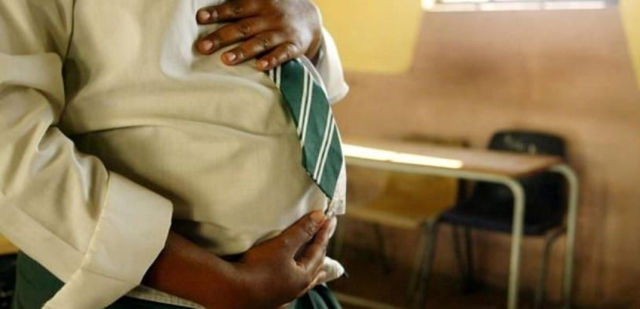
Kampala, Uganda | THE INDEPENDENT | The main Census findings, released on 31 December 2024, have shown that the Buganda region has the highest cases of child marriages across the country raising concerns among local leaders.
The Children (Amendment) Act 2016 emphasizes the right of every child to education and places responsibilities on parents and the state to ensure children attend school and receive proper care and guidance.
Although the government introduced free Education in Primary and Secondary Schools to ensure all children attend school, several are still being forced to marry leaving them semi-illiterate and unable to compete for better jobs in the future.
The National Housing and Population main census report released in December 2024 has revealed that 533,379 children between 10 and 17 years were in marriages or cohabiting.
The report indicates that the Buganda sub-region had the highest cases after registering 100,190 children who were married followed by the Busoga region with 58,672 child marriages, West Nile had 47,529 child marriages and Ankole had 35,566 child marriages.
Madi sub-region had the least with 5,770 child marriages, Sebei had 6137 child marriages and Kampala city had 11,797 child marriages.
The Children’s Act as amended in 2016 defines child marriage as any union whether formal or informal involving any person below the age of 18 years to live as husband and wife.
The report didn’t specify districts in the Buganda region where child marriages are most prevalent but Luwero district has featured in other health reports with high cases.
Local leaders in Luwero district have since blamed the rampant cases on poverty, school dropout and negligence of parents as leading causes of child marriages.
Richard Ssimbwa, the LCIII Chairperson of Luwero Sub-county, said that the findings were an indictment on parents, especially fathers, those who have neglected their responsibilities, forcing children into marriages to get basic facilities.
Ssimbwa explained that some parents have also deliberately forced their children to get married off to get a dowry because they are poor.
Daniel Kyaterekera, the Luwero District Secretary of Education, explained that children end up in marriages after they drop out of school due to the long distances to school, lack of scholastic materials, and lack of lunch.
Kyaterekera says that as a result the district council passed a resolution that each parent must pay lunch fees and the headteachers should submit a list of those who fail to the district for further action.
The Luwero District Probation Office estimates that three out of ten girls who drop out of school after sitting Primary seven end up in marriages.
As a result, the Luwero District Child Wellbeing Committee has directed the District Education Department to audit the school dropouts and report back to enable it to draw strategies to fight the causes.
Dr Innocent Nkonwa the Luwero District Health Officer says that apart from health complications arising from early teenage pregnancies after marriages, the problem constrains the low health budgets.
Nkonwa advised that major interventions should be done to attract children to stay in schools because this helps girls not to be lured easily into marriages and teenage pregnancies.
He also asked the local governments to allocate resources within the budgets for sensitization of youths to shun early marriages, and teenage pregnancies and stay in school.
Violent Busingye the Officer in Charge of Luwero Child and Family Protection Unit (CFPU) said child marriage is illegal but like some cases of defilement, people don’t report the matter to Police to prosecute the suspects.
According to Luwero district health report, at least 4,465 teenagers got pregnant within the financial year 2023/24. All these cases were detected when teenagers went to seek antenatal care services within health centres.
****
URN
 The Independent Uganda: You get the Truth we Pay the Price
The Independent Uganda: You get the Truth we Pay the Price


